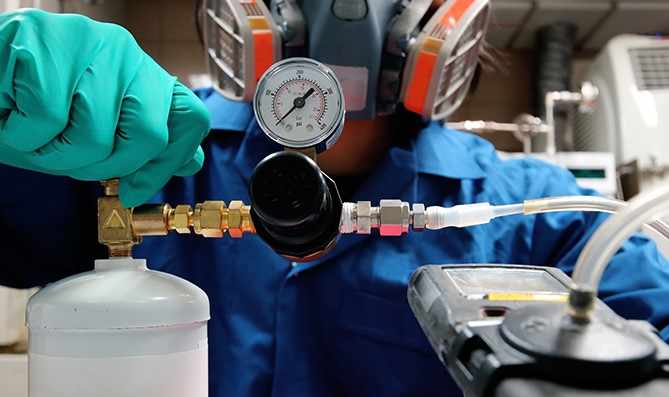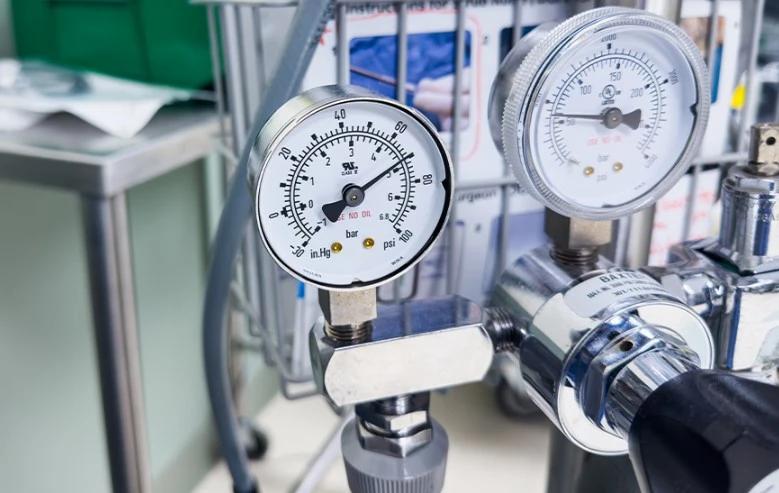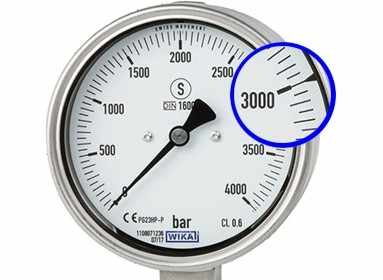
In today’s fast-paced industrial world, maintaining the accuracy and reliability of equipment is crucial for ensuring efficiency and safety. One of the most important yet often overlooked practices is pressure calibration. Regular calibration plays a vital role in optimizing performance and preventing costly errors. In industries handling heavy machinery or processes that involve high pressure calibration, precision is non-negotiable. Let’s explore the top five benefits of regular pressure calibration and why it should be a priority for every business.
1. Enhanced Equipment Accuracy
When machinery operates under incorrect pressure readings, it can lead to significant errors. Regular pressure calibration ensures that your equipment provides accurate data, reducing the risk of:
Production defects
Misleading measurements
Safety hazards
Accurate pressure readings are essential for quality control and maintaining product consistency, ultimately protecting your business’s reputation.
2. Increased Safety and Compliance
Industrial environments often deal with extreme pressures that can pose safety risks if not properly managed. Routine pressure calibration helps:
Prevent dangerous malfunctions
Maintain compliance with safety regulations
Reduce the likelihood of workplace accidents
Compliance with industry standards for high pressure calibration ensures your operations meet legal and safety requirements, avoiding potential fines or legal issues.
3. Cost Savings from Reduced Downtime
Unexpected equipment failures can halt production, leading to costly downtime. Calibrating your pressure gauges and sensors regularly helps detect and prevent issues before they escalate. Benefits include:
Reduced maintenance costs
Increased equipment lifespan
Fewer unexpected repairs
Investing in calibration is far more cost-effective than dealing with the aftermath of equipment breakdowns.
4. Improved Efficiency and Productivity
When pressure systems are correctly calibrated, machinery runs more efficiently. This leads to:
Faster production times
Optimized energy consumption
Better resource management
With precise pressure measurements, you can fine-tune your processes to maximize output and reduce waste.
5. Consistent Quality and Reliability
Consistent calibration ensures that your products meet the highest quality standards. This enhances customer satisfaction and builds trust in your brand. Regular calibration:
Minimizes variations in production
Ensures reliable performance
Increases overall operational confidence
Reliable equipment is the backbone of any successful industrial operation, and precision in pressure calibration guarantees dependable outcomes.
FAQs
How often should I perform pressure calibration? It depends on your industry standards and equipment usage, but annual calibration is typically recommended.
What is high pressure calibration? High pressure calibration refers to the process of calibrating equipment designed to measure and control high-pressure systems.
Why is pressure calibration necessary? It ensures accurate pressure readings, improves safety, and prevents costly equipment failures.
Can I perform pressure calibration myself? It’s best to hire certified professionals with specialized tools and expertise to ensure accuracy.
What industries benefit most from pressure calibration? Industries like manufacturing, oil and gas, pharmaceuticals, and aerospace rely heavily on precise pressure calibration.






.jpg)
.jpg)
Write a comment ...